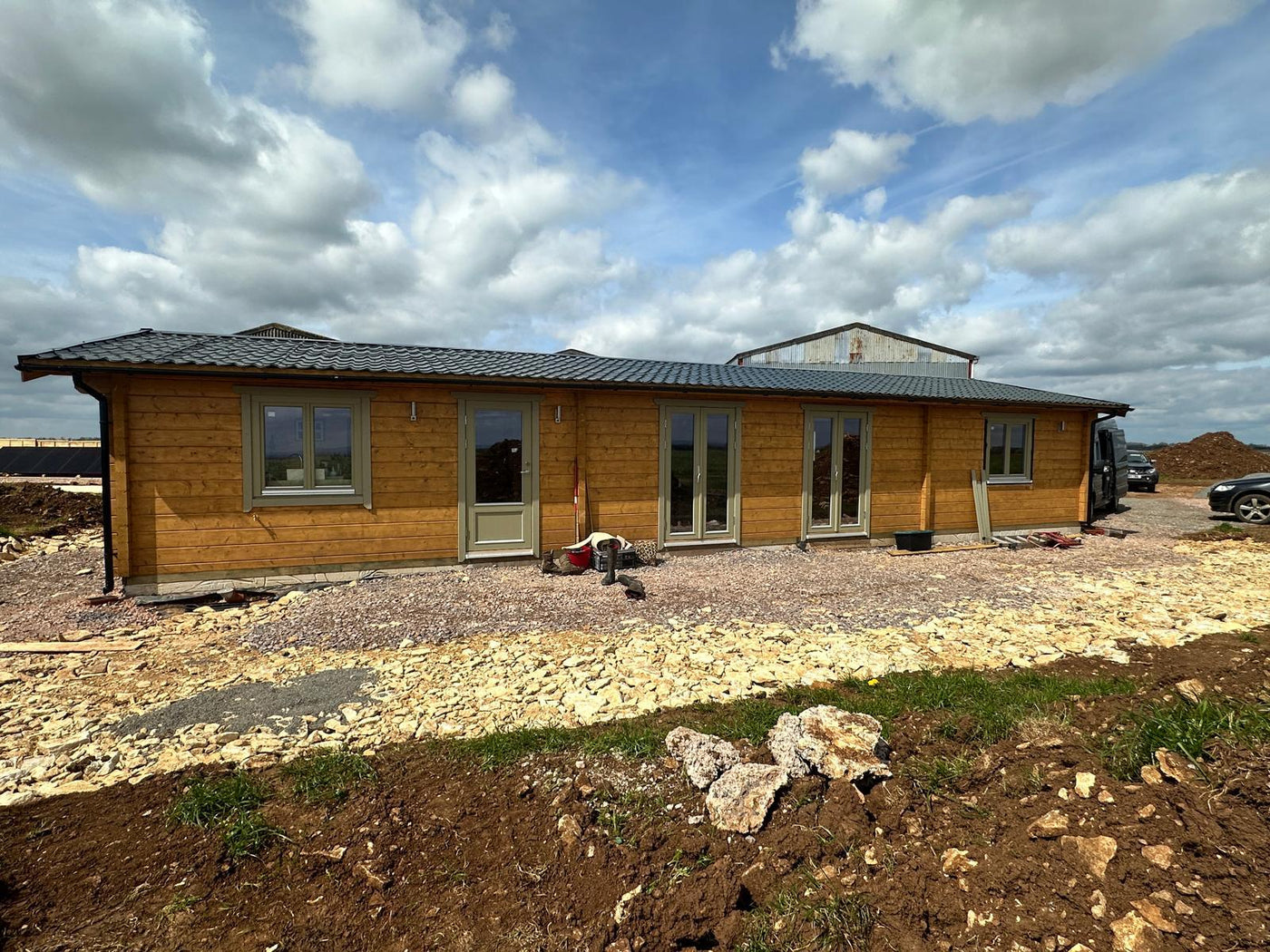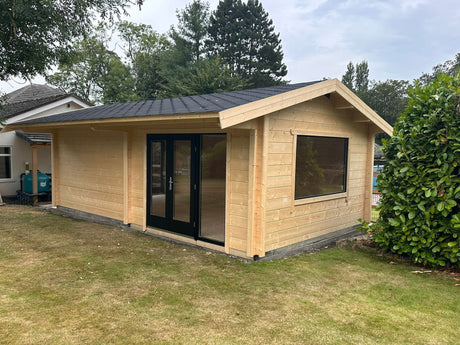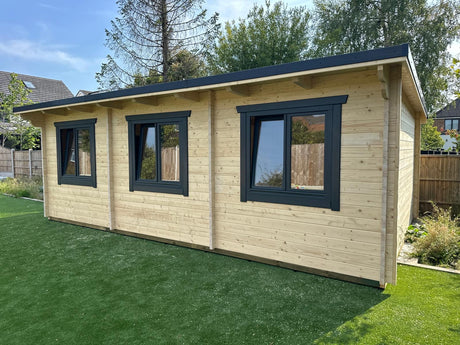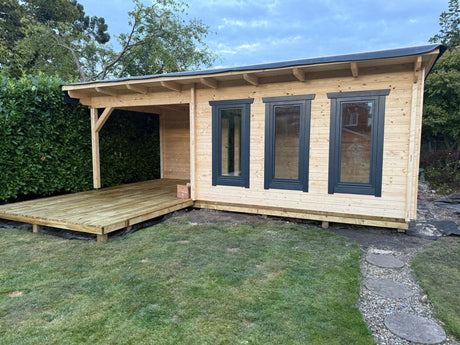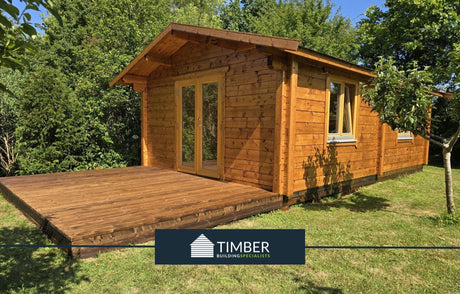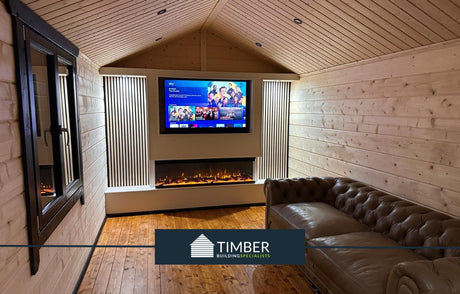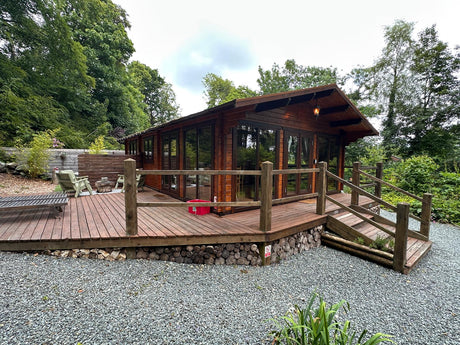UK Caravan Act and Log Cabin Installation: Essential Guide for Timber Building Specialists
Understanding the UK Caravan Act
The UK Caravan Act, formally known as the Caravan Sites and Control of Development Act 1960, is foundational legislation governing the use of land for caravan sites in the UK. This act also impacts the installation and use of log cabins when they fall under the definition of a caravan.
Definition of a Caravan Under the Act
A caravan is defined as any structure designed or adapted for human habitation that is capable of being moved from one place to another. This broad definition can include static caravans, mobile homes, and in some cases, log cabins if they meet specific criteria regarding mobility and construction.
Criteria for Log Cabins as Caravans
Size and Transportability
For a log cabin to be classified as a caravan, it must adhere to size and transportability regulations. Specifically, the maximum dimensions are:
- Length: 20 meters (approx. 65.6 feet)
- Width: 6.8 meters (approx. 22.3 feet)
- Internal height: 3.05 meters (approx. 10 feet)
It should also be capable of being transported on a road without requiring special permits.
Planning Permissions for Log Cabins
Requirement for Planning Permission
Before installing a log cabin, it’s essential to obtain the necessary planning permission from the local planning authority. This ensures the installation complies with local development plans and does not negatively impact the environment or neighboring properties.
Exceptions to Planning Permission
In certain situations, log cabins may not require planning permission, such as when used as ancillary buildings within the curtilage of a domestic property. However, specific conditions regarding size, usage, and location will apply.
Site Licensing for Log Cabins
Need for a Site License
If the log cabin is intended to be part of a larger caravan site, a site license must be obtained. This license is issued by the local authority and includes conditions relating to the maintenance, amenities, and safety of the site.
Compliance with Site Conditions
The conditions stipulated in the site license ensure that the site is safe, hygienic, and well-maintained. This includes proper spacing between units, adequate sanitation facilities, and adherence to fire safety standards.
Installation Guidelines for Log Cabins
Structural Integrity
Ensuring the structural integrity of the log cabin is paramount. This involves using high-quality materials, following robust construction practices, and adhering to building regulations.
Utility Connections
Log cabins must be equipped with essential utilities, including electricity, water, and waste disposal systems. Proper installation and maintenance of these utilities are crucial for health and safety.
Benefits of Complying with the UK Caravan Act
Legal Assurance
Compliance with the UK Caravan Act provides legal assurance for both site owners and residents, protecting against disputes and ensuring all parties' rights are upheld.
Enhanced Safety and Quality
Adhering to the act’s regulations ensures a high standard of safety and quality, preventing potential hazards associated with poorly constructed or maintained structures.
Timber Building Specialists’ Commitment
At Timber Building Specialists, we are dedicated to delivering high-quality, compliant log cabins. Our expertise ensures that each project meets the requirements of the UK Caravan Act, providing our clients with peace of mind, safety, and exceptional craftsmanship. Whether you're looking to add a log cabin office, a garden retreat, or a residential unit, we offer tailored solutions that adhere to all regulatory guidelines.
Conclusion
Understanding and adhering to the UK Caravan Act is crucial for anyone involved in the installation and use of log cabins within the UK. By following these guidelines, you ensure legal compliance, safety, and quality for your projects. For expert advice and bespoke log cabin solutions, trust Timber Building Specialists to deliver excellence in every aspect.

